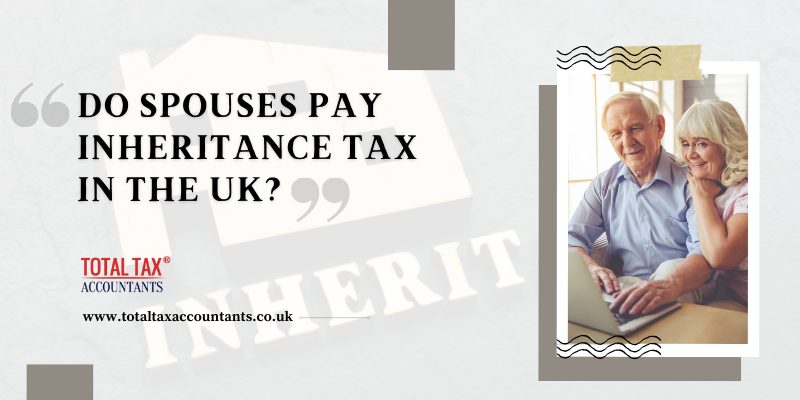Understanding Inheritance Tax
Inheritance Tax (IHT) in the United Kingdom is a tax levied on an individual’s estate, which includes their property, money, and possessions after they pass away1. The standard IHT rate is 40%, applied only to the portion of the estate that exceeds the threshold of £325,0001. For example, if an estate is worth £500,000, the IHT charged will be 40% of £175,000 (£500,000 minus £325,000).
However, there are special rules and exemptions that can reduce or even eliminate the amount of tax due. These include the option to pay a reduced IHT rate of 36% on some assets if 10% or more of the ‘net value’ of the estate (total value minus any debts) is left to charity in the will1. There’s also the ‘taper relief’ which might reduce the IHT charged on gifts given while the benefactor was alive, depending on when they were given.
Spousal Exemption: No Inheritance Tax for Surviving Spouses
One of the most significant exemptions is for surviving spouses or civil partners. As per the rules in 2023, there is normally no IHT to pay if everything above the £325,000 threshold is left to the spouse, civil partner, a charity, or a community amateur sports club1.
Moreover, if the first partner to die does not use up all of their £325,000 allowance, the remaining amount can be transferred to the surviving partner’s threshold. This means the surviving spouse or civil partner could have a threshold as high as £650,000, effectively doubling the amount they can inherit tax-free.
Other Exemptions and Beneficiaries
In addition to spouses and civil partners, there are other exemptions to the IHT. If a home is given to children (including adopted, foster, or stepchildren) or grandchildren, the threshold can increase to £500,000.
Importantly, beneficiaries, or the people who inherit the estate, do not normally pay tax on the things they inherit. However, they might have related taxes to pay—for example, if they receive rental income from a house left to them in a will.
Conclusion
In summary, as of 2023, surviving spouses or civil partners in the UK do not have to pay Inheritance Tax on anything they inherit above the £325,000 threshold from their deceased partner. With careful planning and understanding of the exemptions and reliefs available, it is possible to minimize the impact of Inheritance Tax on an estate, allowing more of a person’s legacy to pass to their loved ones.
Understanding the Nil Rate Band for Inheritance Tax in the UK in 2023
The nil rate band (NRB), also known as the inheritance tax (IHT) threshold, is the amount up to which an estate has no IHT to pay. Each person’s estate can benefit from the NRB. In the UK for the year 2023/24, the NRB is set at £325,000. Any part of the estate up to the NRB threshold is chargeable to IHT at a rate of 0%. Any part of the estate that exceeds the NRB threshold is usually chargeable to IHT on death at 40%.
The Nil Rate Band for Inheritance Tax and Its Implications
The NRB applies to the taxable, non-exempt estate passing on death together with any taxable gifts made within the seven years before death. If the total value of the estate, including gifts made in the seven years prior to death, is less than the NRB, then the estate is not liable to inheritance tax. However, if the value of the estate exceeds the NRB, the excess is usually chargeable to IHT at a rate of 40%.
Transferring the Nil Rate Band
Each individual has their own NRB. In general, it is not possible to transfer the NRB to someone else, even if some or all of the NRB is unused when the individual dies. However, an exception exists for married couples and members of a civil partnership. It is possible for the unused proportion of the NRB of the first spouse or civil partner to be transferred to their survivor. This means that any part of the NRB that is not used when the first spouse or civil partner dies can be transferred to the surviving spouse or civil partner for use on their later death. If the whole amount of the NRB is passed to the surviving spouse or civil partner, the NRB of the survivor will be worth £650,000 in 2023/24.
Gifts and the Nil Rate Band
Certain gifts are completely exempt from IHT whether you make them during your lifetime or on your death, and others are exempt only if you make them during your lifetime. If any gift is exempt from IHT, it will not be included in the calculations when working out whether any IHT is due. However, if you make a gift and die within seven years, the gift may become chargeable to IHT. The IHT payable would be in addition to any IHT payable by the personal representatives on the estate held at death.



